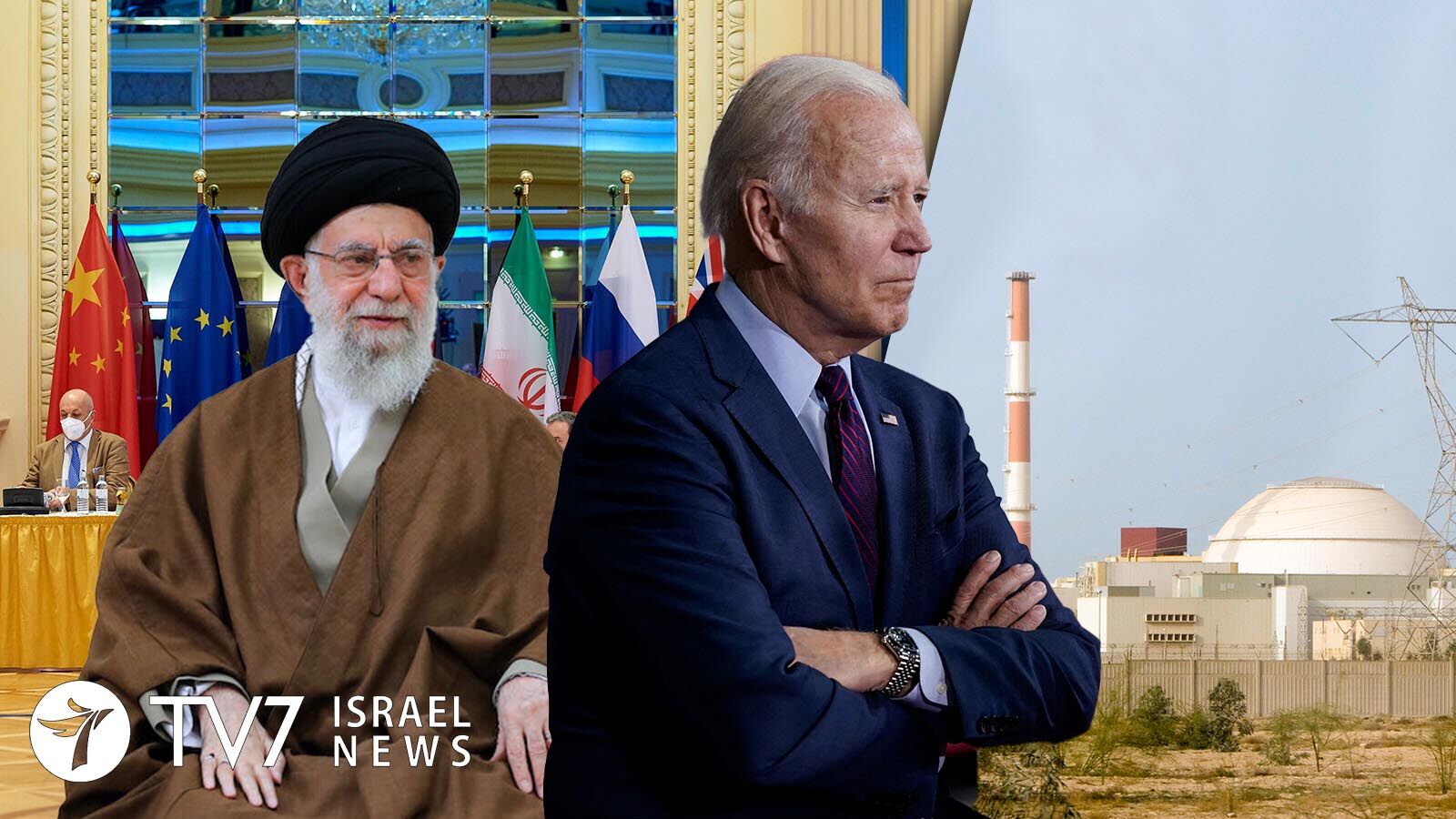Confusion surrounds the latest round of negotiations in Qatar to revive the Joint Comprehensive Plan of Action (JCPOA).
By Erin Viner
The semi-official Tasnim news agency, known to have close ties to the Islamic Revolutionary Guards Corps (IRGC), reported yesterday that the European Union-mediated nuclear negotiation between Tehran and Washington had concluded in failure, having “no effect on breaking the deadlock.” Citing ‘informed sources at the talks,’ the news agency also claimed that “what prevented these negotiations from coming to fruition is the US insistence on its proposed draft text in Vienna that excludes any guarantee for Iran’s economic benefits.”
Naser Kanani, a spokesperson for the Iranian Foreign Ministry, later refuted the Tasnim report, according to state media.
“Talks continue in a serious and business-like atmosphere,” he said to describe the shuttling in Doha by EU coordinator Enrique Mora between Iranian Nuclear Negotiator and Deputy Foreign Minister Ali Bagheri Kani and US Special Envoy for Iran Rob Malley.
The meetings in the Qatari capital began on Tuesday, to try to overcome an impasse last March that stalled the Vienna Talks’ process to resurrect the 2015 JCPOA after 11 months of negotiations – chiefly over Tehran’s insistence that Washington remove the IRGC from its Foreign Terrorist Organization (FTO) list. The administration of US President Joe Biden issued formal notice in May that the Iranian paramilitary force will remain a designated terrorist group.
While Iranian Foreign Ministry Spokesman Saeed Khatibzadeh declared that all parties to the negotiations have reached “agreement in content and form,” that “it remains to be seen whether the U.S. government can, according to the plan, stop following the Trump Administration’s policies practically and concretely, and become the responsible party. Iran has pledged to participate in the talks and try to resolve the remaining issues of the previous negotiations in the shortest possible time.”
Former United States Republican President Donald Trump withdrew from the deal in 2018, citing evidence of covert Iranian nuclear and ballistic missile development, in addition to malign regional behavior and support of proxy warfare. The Ayatollah regime responded by openly violating critical nuclear limits, including to uranium enrichment to 60%.
The current administration of Democratic President Joe Biden has been undertaking efforts to bring both sides back into compliance with the deal. Indirect talks to revive the accord, under which Tehran had agreed to curbs on its nuclear program in return for the lifting of international sanctions, began in April 2020.
Israel has long opposed the JCPOA as too weak to prevent Iran from developing nuclear weapons, impede its missile program and terrorist activities in the Mideast.
